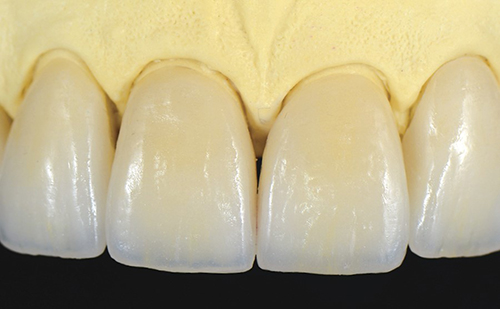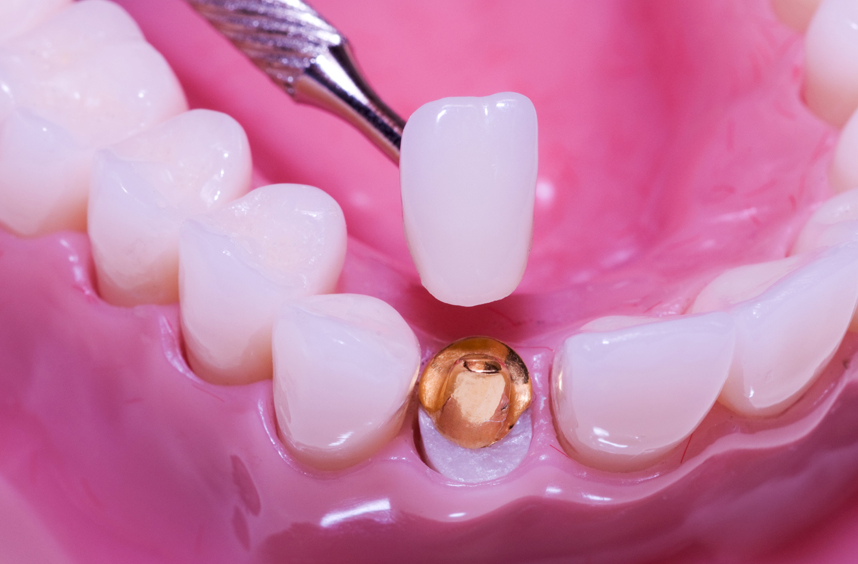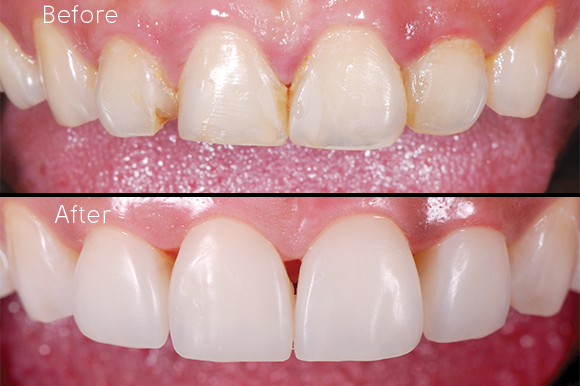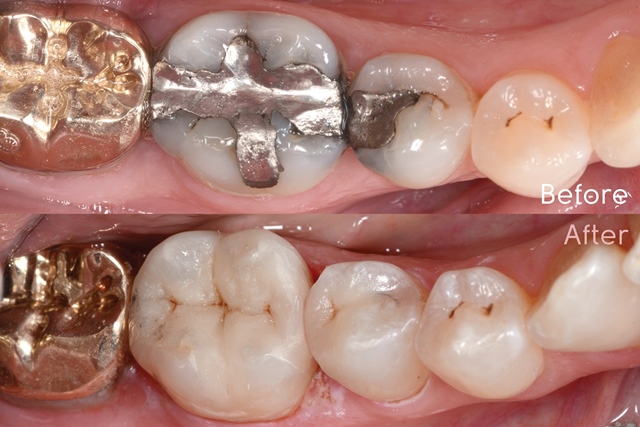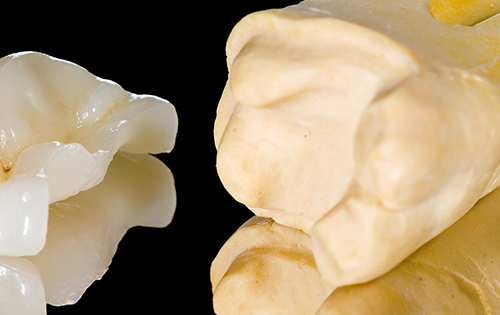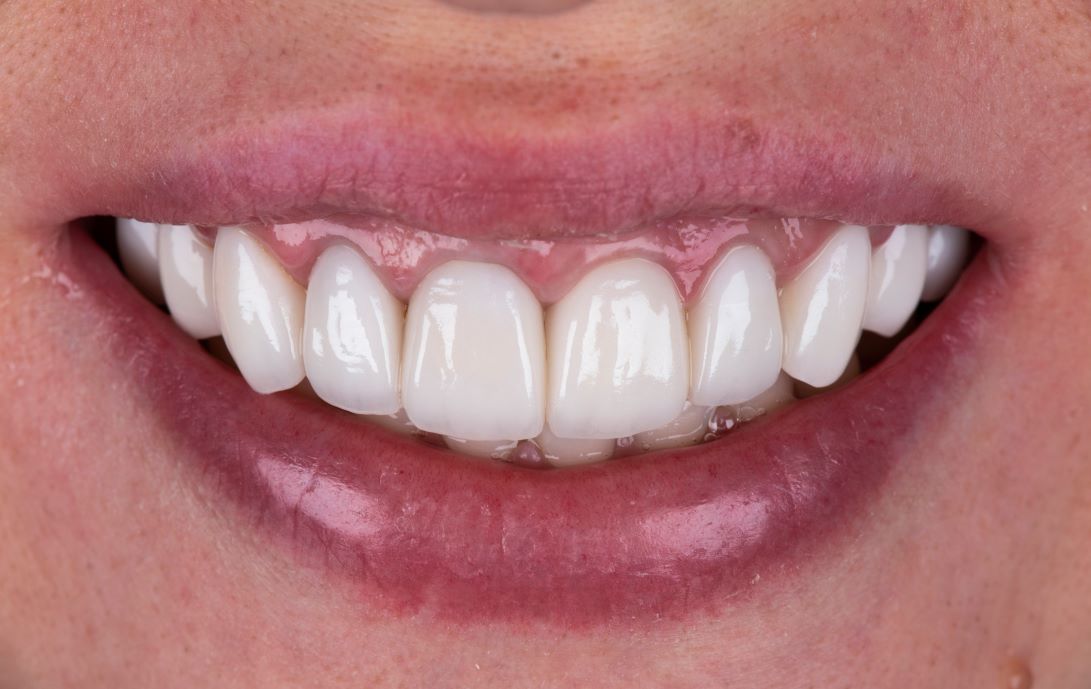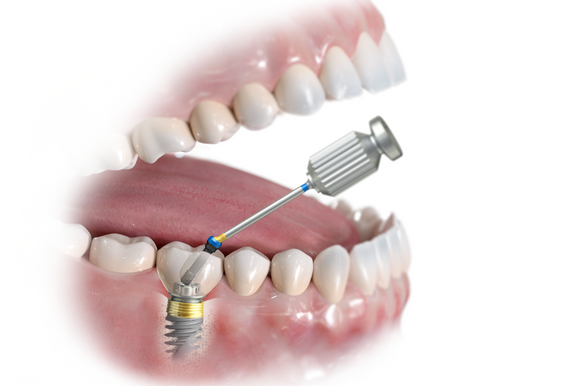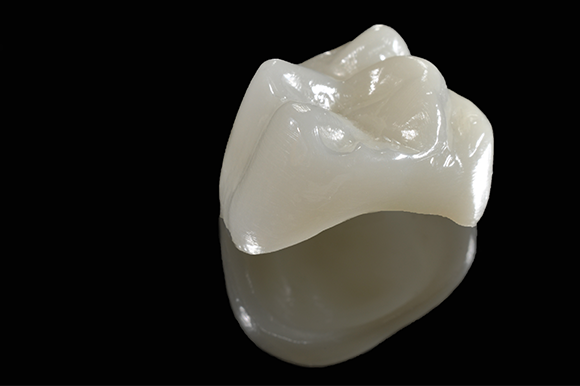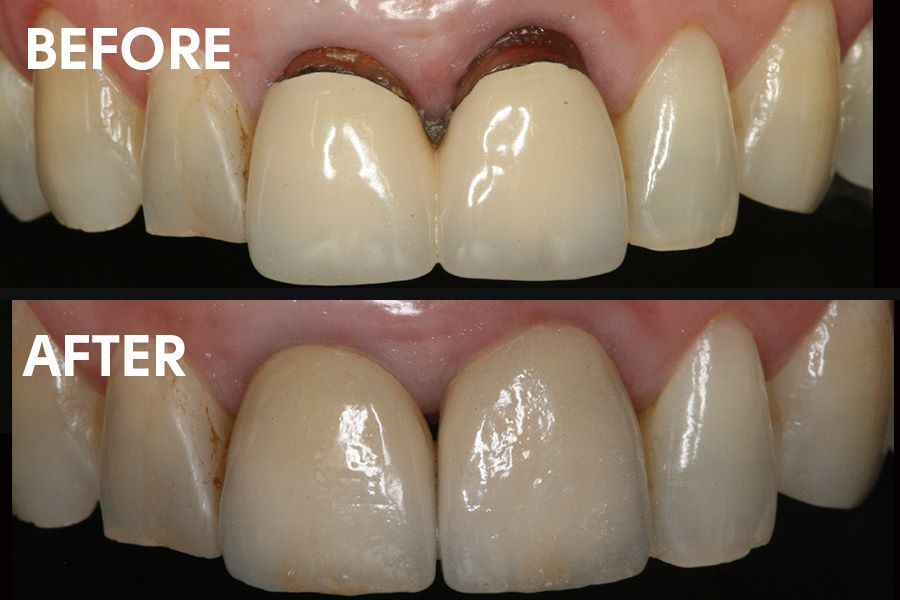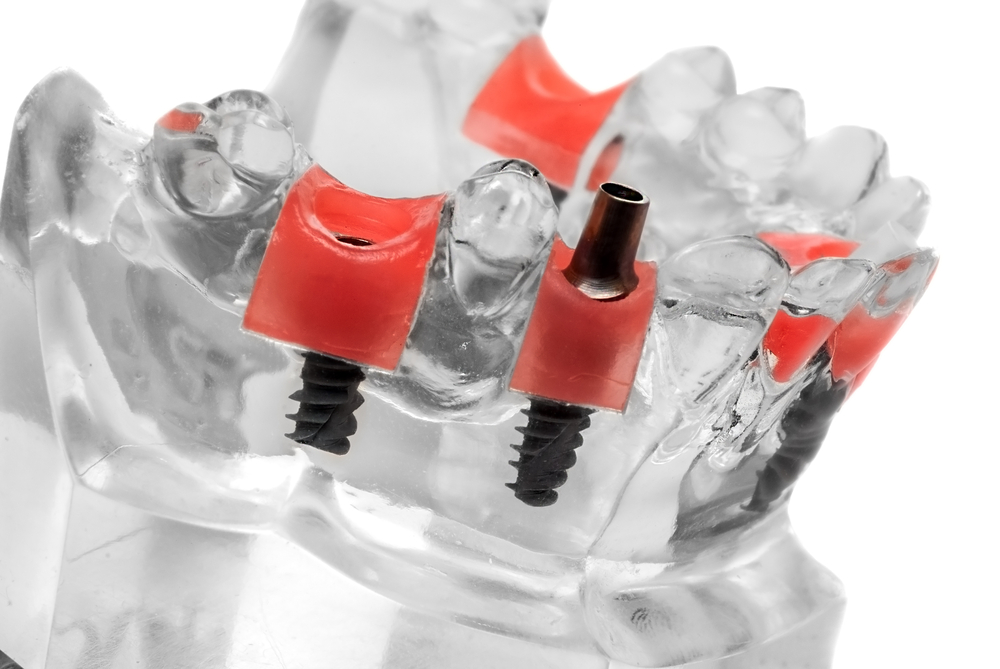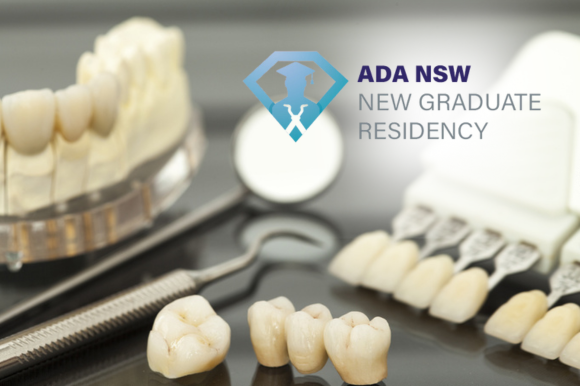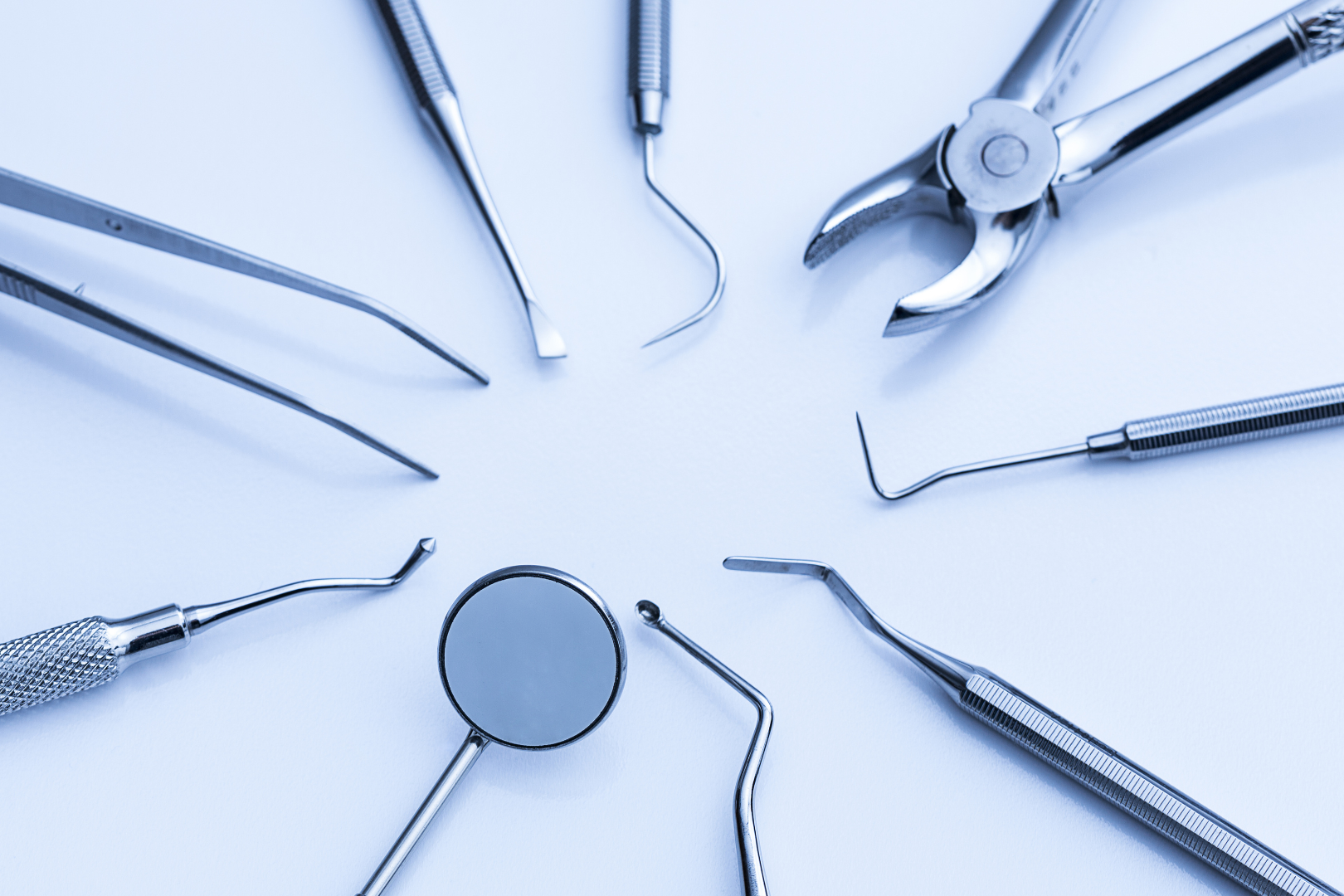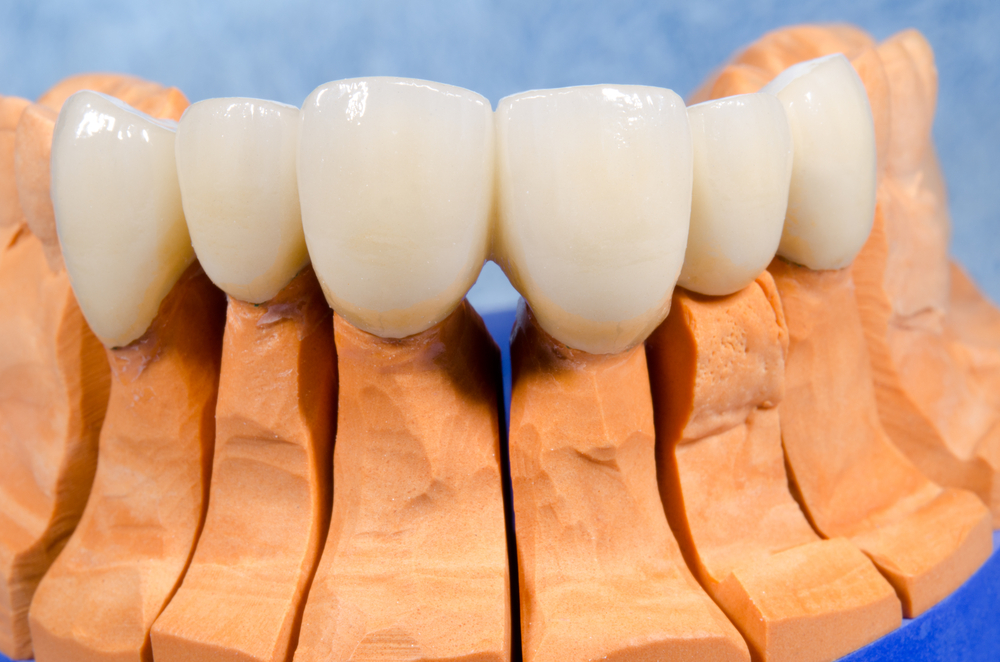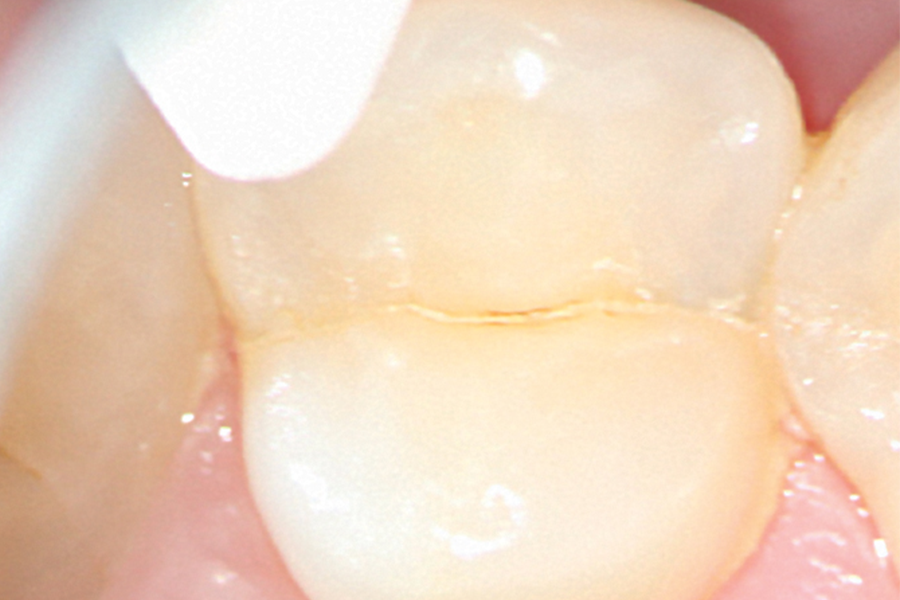A hands-on workshop to optimise restorative outcomes
Over a patient’s lifetime their dentition is subject to a range of destructive forces which may decrease the longevity of teeth and potentially the entire dentition. Caries, tooth wear, cracks, fractures, along with previous restorative treatments can all result in severely compromised teeth with limited and often weakened remaining tooth structure. Dentists are then often faced with the dilemma of whether to maintain, restore, or extract these compromised teeth.
While restorative options involving complex prosthodontics may provide a solution, there are situations when more a conservative alternative management strategy needs to be considered. In managing these cases the dentist must consider the patient’s desires and preferences, the restorability of the teeth, the anticipated outcomes, and the expected longevity of any treatment.
This hands-on workshop with discuss a range of patient cases and how contemporary restorative materials and techniques can be utilised to preserve and protect compromised teeth and provide enhanced outcomes for long term functional and aesthetic success.
Topics
- Diagnosis and assessment of weakened, cracked and fractured teeth
- Why teeth crack and how to prevent a catastrophe
- Managing the heavily restored and ageing dentition with minimal remaining sound tooth structure
- Direct restorative techniques for deep interproximal and subgingival restorative margins
- Utilising fibre reinforced materials to strengthen teeth, and injection moulding techniques to simplify and enhance restorations
- Maintenance strategies for the heavily restored and compromised dentition
Learning Objectives
- Recognising the importance of case assessment and identifying ongoing risks
- Appreciating the range of restorative options and importance of conservative management strategies for compromised teeth
- Selecting the appropriate restorative intervention for each individual patient
- Understanding the benefits of short fibre reinforced composite resins and their application in complex cases.
- Utilising injection moulding techniques for predictable restorations
- Determination of case prognosis and implementation of maintenance strategies
